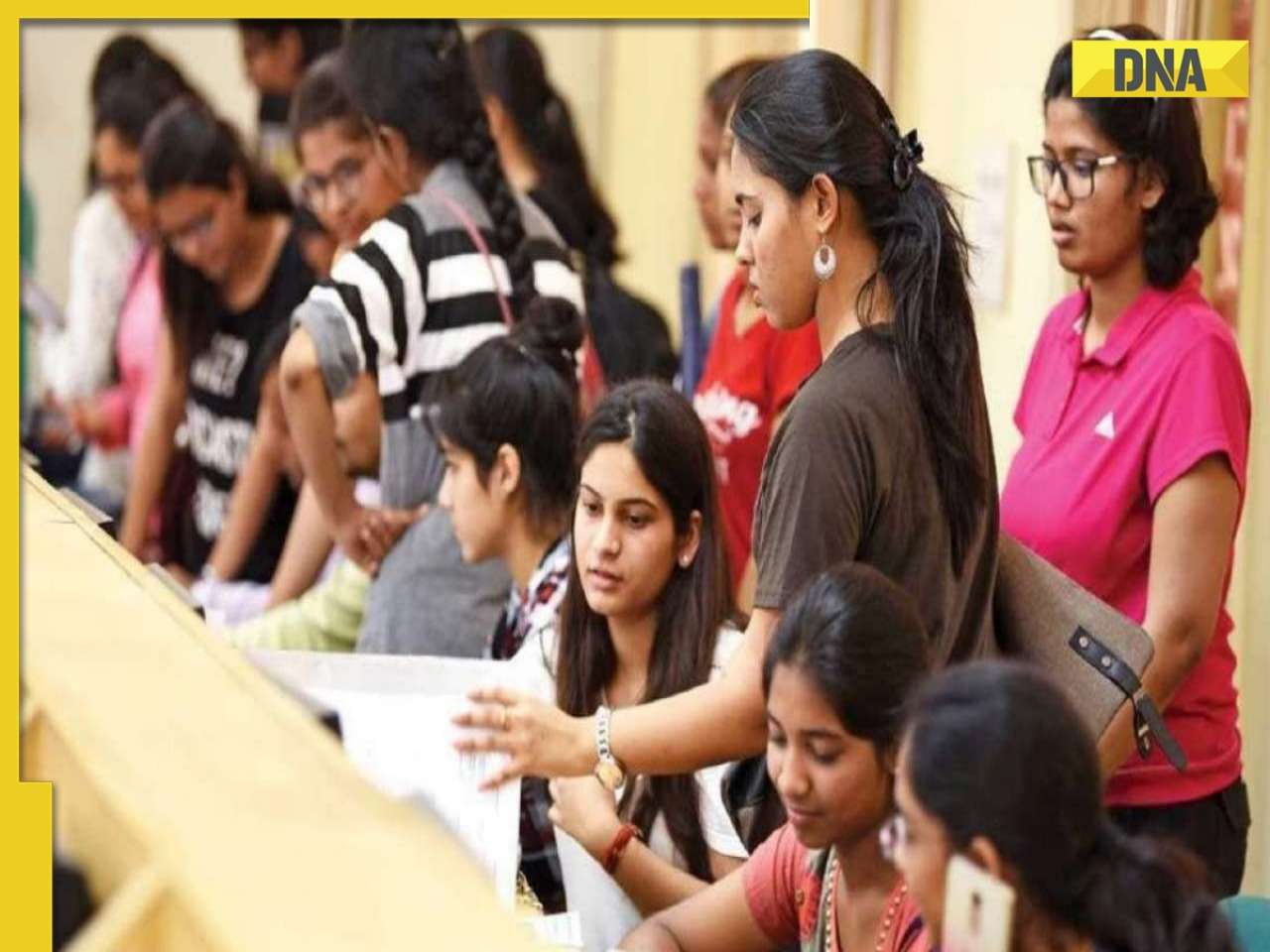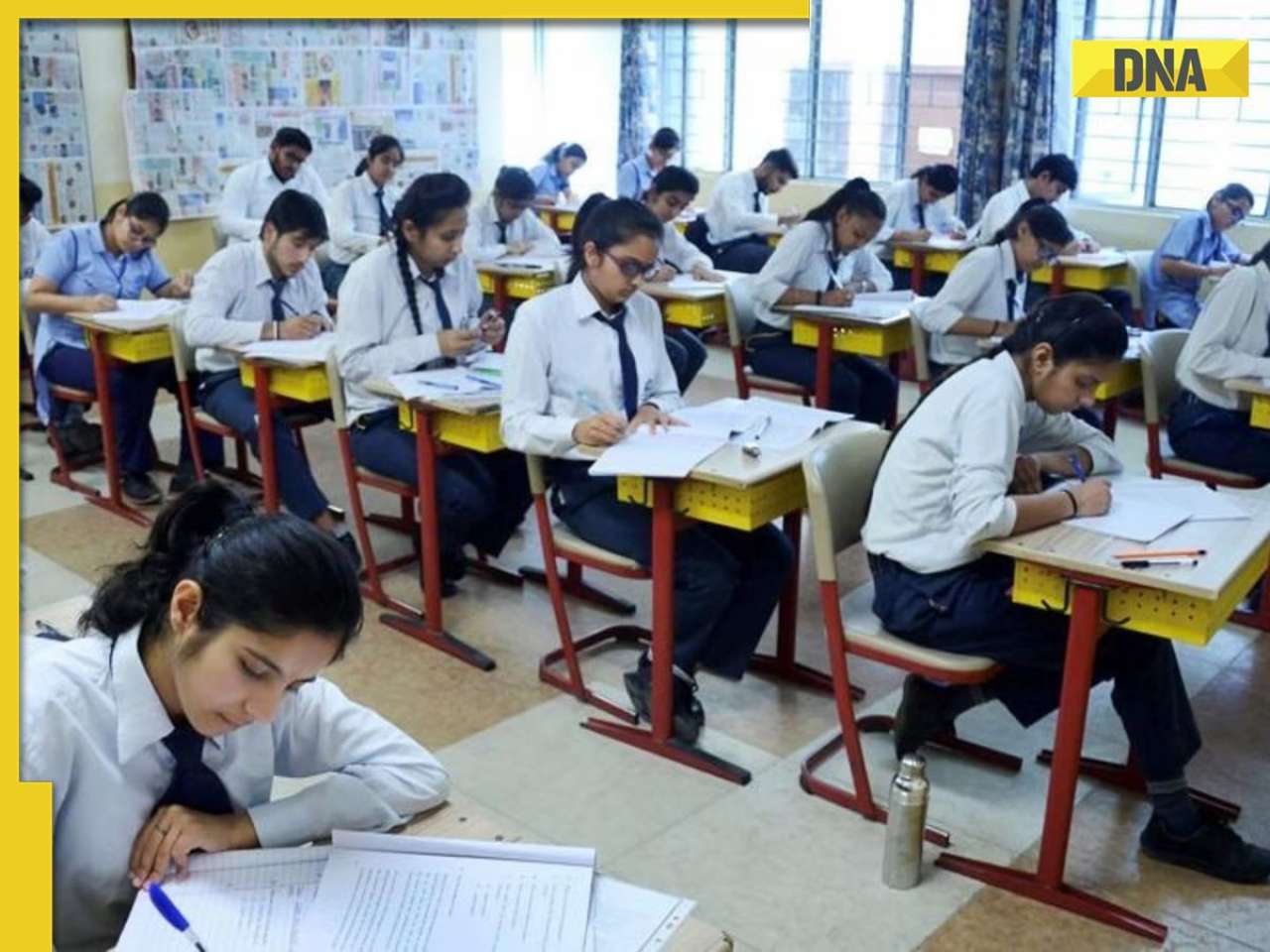Elections in Canada are always held on a Monday. It is so because of a combination of historical precedent, legislative guidelines, practical considerations, and cultural reasons. It is basically done to strike a balance voter accessibility, administrative efficiency, and tradition.
The General Election were held in Canada on Monday, April 28. However, it was not a coincidence that the country went to polls on this day. Elections in this country are always held on a Monday. It is so because of a combination of historical precedent, legislative guidelines, practical considerations, and cultural reasons. It is basically done to strike a balance between voter accessibility, administrative efficiency, and tradition.
Canada Elections Act
The Canada Elections Act lays the foundation on which the tradition of holding elections on Monday is based, though it does not explicitly mandate doing so. The Act was amended in 2007 to make it mandatory to hold elections on the third Monday of October every four years. The date can be changed if the parliament is dissolved and elections are held before that; however, it should be held on Monday.
According to the Canada Elections Act, a minimum period of 36 days should be given for the campaign. However, the campaign should be concluded a day before Monday to ensure that the final day of voting is a workday. It is done to encourage voters for a massive turnout and give ample time to Elections Canada to prepare polling stations over the weekend.
The polling is held on Monday for historical reasons as well. As much of the population lived in rural areas in the olden days and they needed time to travel to polling stations, they were given enough time. Voting was held on Monday so that voters are allowed to travel on Sunday, a non-working day. Elections were not held on weekdays also because these days were reserved for religious or family activities.
British Tradition
As the electoral system of Canada was deeply influenced by British parliamentary practices, where elections were historically held on weekdays, Monday became a common choice in Canada. It became a tradition, and polls were held on Mondays in 2006, 2008, 2011, 2015, 2019, and 2021, only to further solidify the practice. Holding the elections on Mondays also allows Elections Canada to ensure that initial vote counting can begin immediately after polls close, and the results are declared by late Monday night or early Tuesday.
Liberals vs Conservatives
Canadians will decide Monday whether to extend the Liberal Party's decade in power or instead hand control to the Conservatives. They'll pick either Prime Minister Mark Carney or opposition leader Pierre Poilievre to lead the way forward, but the election is also a referendum of sorts on someone who isn't even Canadian: Donald Trump. Until the American president won a second term and began threatening Canada's economy and sovereignty, even suggesting the country should become the 51st state, the Liberals looked headed for defeat.
Canadians go the polls as the country grapples with the aftermath of a fatal car ramming attack on Saturday in Vancouver. The tragedy on the eve of the election prompted the suspension of campaigning for several hours. Police ruled out terrorism and said the suspect is a local man with a history of mental health issues.
(With inputs from APTN)
Find your daily dose of All
Latest News including
Sports News,
Entertainment News,
Lifestyle News, explainers & more. Stay updated, Stay informed-
Follow DNA on WhatsApp. 'It hits deep': Little boy brings injured bird to hospital, but what happened next broke everyone’s heart
'It hits deep': Little boy brings injured bird to hospital, but what happened next broke everyone’s heart 'Not long ago...': Virat Kohli's brother takes veiled swipe at Gautam Gambhir, Shubman Gill amidst bowlers' struggles in England
'Not long ago...': Virat Kohli's brother takes veiled swipe at Gautam Gambhir, Shubman Gill amidst bowlers' struggles in England Ex-Hamas chief Yahya Sinwar's widow reportedly fled Gaza using fake passport, remarried: 'She is in...'
Ex-Hamas chief Yahya Sinwar's widow reportedly fled Gaza using fake passport, remarried: 'She is in...' Amazon announces Great Freedom Sale, get up to 80 per cent discounts on..., check date here
Amazon announces Great Freedom Sale, get up to 80 per cent discounts on..., check date here  Mohammad Azharuddin slams 'double standards' on India-Pakistan cricket, questions Asia Cup 2025 participation
Mohammad Azharuddin slams 'double standards' on India-Pakistan cricket, questions Asia Cup 2025 participation 7 stunning images of Galactic 'Fossil' captured by NASA
7 stunning images of Galactic 'Fossil' captured by NASA Other than heart attacks or BP : 7 hidden heart conditions triggered by oily foods
Other than heart attacks or BP : 7 hidden heart conditions triggered by oily foods 7 most captivating space images captured by NASA you need to see
7 most captivating space images captured by NASA you need to see AI-remagined famous Bollywood father-son duos will leave you in splits
AI-remagined famous Bollywood father-son duos will leave you in splits 7 superfoods that boost hair growth naturally
7 superfoods that boost hair growth naturally Tata Harrier EV Review | Most Advanced Electric SUV from Tata?
Tata Harrier EV Review | Most Advanced Electric SUV from Tata? Vida VX2 Plus Electric Scooter Review: Range, Power & Real-World Ride Tested!
Vida VX2 Plus Electric Scooter Review: Range, Power & Real-World Ride Tested! MG M9 Electric Review | Luxury EV with Jet-Style Rear Seats! Pros & Cons
MG M9 Electric Review | Luxury EV with Jet-Style Rear Seats! Pros & Cons Iphone Fold: Apple’s iPhone Fold Could Solve Samsung’s Biggest Foldable Problem | Samsung Z Fold 7
Iphone Fold: Apple’s iPhone Fold Could Solve Samsung’s Biggest Foldable Problem | Samsung Z Fold 7 Trump News: Congress Seeks Answers On Trump's Alleged Mediation In Operation Sindoor
Trump News: Congress Seeks Answers On Trump's Alleged Mediation In Operation Sindoor Amazon announces Great Freedom Sale, get up to 80 per cent discounts on..., check date here
Amazon announces Great Freedom Sale, get up to 80 per cent discounts on..., check date here  6 major rules changing from August 1, 2025: How they will impact your pocket
6 major rules changing from August 1, 2025: How they will impact your pocket THIS rival company of Elon Musk's Tesla EV launches its first ever showroom in Surat, Gujarat, its premium models are...
THIS rival company of Elon Musk's Tesla EV launches its first ever showroom in Surat, Gujarat, its premium models are... Bank Holidays in August 2025: Banks to remain closed for 15 days, check state-wise list here
Bank Holidays in August 2025: Banks to remain closed for 15 days, check state-wise list here Microsoft’s Copilot to now have a face, to have these expressions, like a human it will also..., know its name, features
Microsoft’s Copilot to now have a face, to have these expressions, like a human it will also..., know its name, features  From Queen to Cocktail: 5 Bollywood films that help you heal after a breakup
From Queen to Cocktail: 5 Bollywood films that help you heal after a breakup Meet 5 brilliant Indian teens who built multi-crore startups before turning 20
Meet 5 brilliant Indian teens who built multi-crore startups before turning 20 Chef Sanjeev Kapoor shares 3 affordable tomato substitutes for Indian dishes
Chef Sanjeev Kapoor shares 3 affordable tomato substitutes for Indian dishes Bollywood friendships that rewrote the rules of 'ladka-ladki kabhi dost nahi ho sakte'
Bollywood friendships that rewrote the rules of 'ladka-ladki kabhi dost nahi ho sakte' From Vicky-Katrina to Alia-Ranbir: 5 Bollywood stars who proved crushes can turn into real-life marriages
From Vicky-Katrina to Alia-Ranbir: 5 Bollywood stars who proved crushes can turn into real-life marriages Massive row over IND vs PAK Asia Cup clash months after Operation Sindoor: 'Stop profit over blood...'
Massive row over IND vs PAK Asia Cup clash months after Operation Sindoor: 'Stop profit over blood...' This state has highest number of Vande Bharat trains running, not Bihar, West Bengal, Uttar Pradesh, Rajasthan, it is...
This state has highest number of Vande Bharat trains running, not Bihar, West Bengal, Uttar Pradesh, Rajasthan, it is... Donald Trump calls for legal action against Kamala Harris, Oprah, and Beyoncé, know why
Donald Trump calls for legal action against Kamala Harris, Oprah, and Beyoncé, know why Stampede in Mansa Devi temple in Haridwar, killing 6, was caused due to THIS reason, initial report says rumour of...
Stampede in Mansa Devi temple in Haridwar, killing 6, was caused due to THIS reason, initial report says rumour of... BMW rams scooter in Noida, 5-year-old killed, two critical
BMW rams scooter in Noida, 5-year-old killed, two critical Meet IAS Ansar Shaikh's wife, who is as beautiful as Bollywood actress, is popular on social media, she works as...
Meet IAS Ansar Shaikh's wife, who is as beautiful as Bollywood actress, is popular on social media, she works as... IIM CAT 2025 notification released at iimcat.ac.in, know registration process, exam date, other details
IIM CAT 2025 notification released at iimcat.ac.in, know registration process, exam date, other details RRB ALP EXAM 2025 Update: Notification on re-conduct Of CBAT released; all you need to know
RRB ALP EXAM 2025 Update: Notification on re-conduct Of CBAT released; all you need to know CBSE class 10th, 12th Supplementary Result 2025 to be released at cbse.gov.in, know how to download, other details
CBSE class 10th, 12th Supplementary Result 2025 to be released at cbse.gov.in, know how to download, other details  After IAS Jagrati Awasthi, marksheet of UPSC topper AIR 3 Donuru Ananya Reddy goes viral, she scored highest in...
After IAS Jagrati Awasthi, marksheet of UPSC topper AIR 3 Donuru Ananya Reddy goes viral, she scored highest in... Maruti Suzuki's e Vitara set to debut electric market at Rs..., with range of over 500 km, to launch on...
Maruti Suzuki's e Vitara set to debut electric market at Rs..., with range of over 500 km, to launch on... This is world’s most expensive wood, cost of 1kg wood is more than gold, its name is..., is found in...
This is world’s most expensive wood, cost of 1kg wood is more than gold, its name is..., is found in... This luxury car is first choice of Indians, even left BMW, Jaguar, Audi behind in sales, it is...
This luxury car is first choice of Indians, even left BMW, Jaguar, Audi behind in sales, it is... Kia India unveils Carens Clavis: Check features, design changes, price and more; bookings open on...
Kia India unveils Carens Clavis: Check features, design changes, price and more; bookings open on... Tesla CEO Elon Musk launches most affordable Cybertruck, but it costs Rs 830000 more than older version, it is worth Rs...
Tesla CEO Elon Musk launches most affordable Cybertruck, but it costs Rs 830000 more than older version, it is worth Rs...






)
)
)
)
)
)
)
)
)
)
)
)
)
)
)
)











